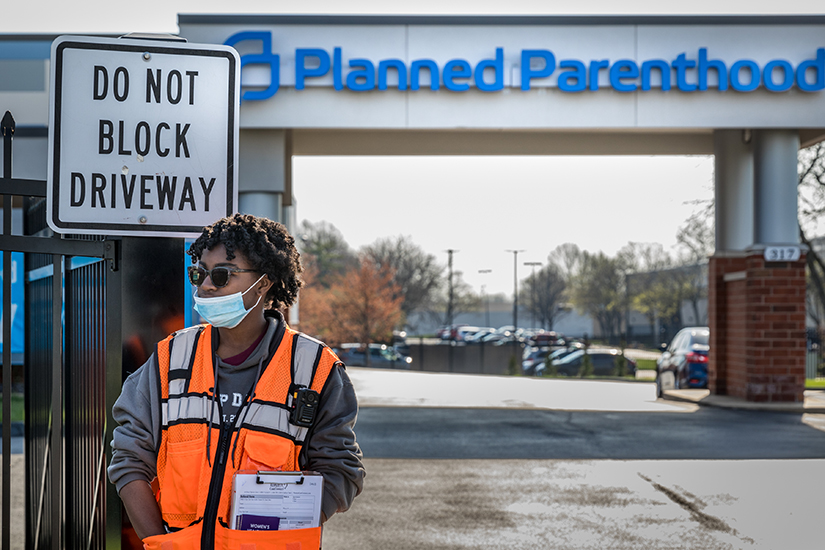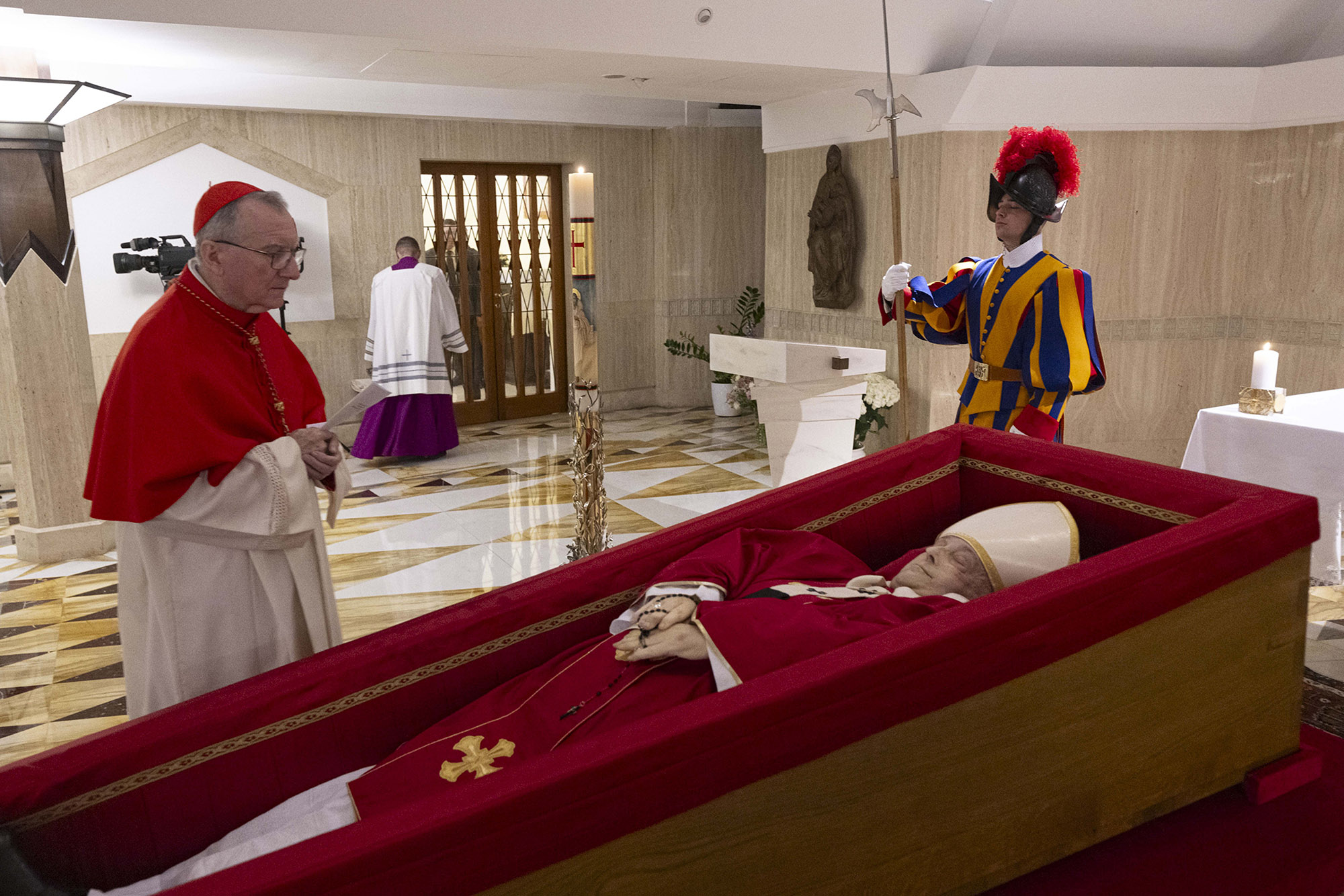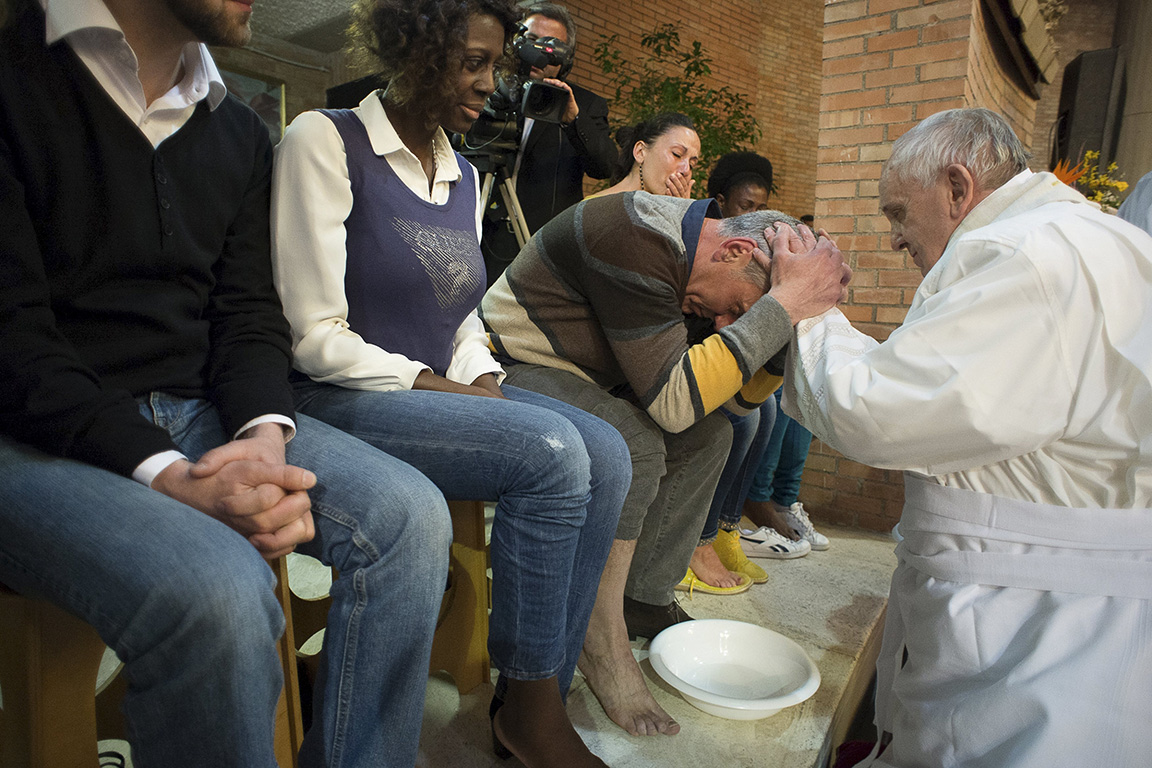Missouri, federal legislators consider life-related measures

Missouri legislative session ends May 14; discussion over Hyde Amendment language continues on federal level
Missouri holds its place among states with the lowest abortion rate. With six weeks left in the legislative session, Missouri lawmakers continue to look at numerous pro-life measures. Several abortion-related issues also are being addressed at the federal level.
State legislation
The Missouri House recently approved an allocation of $6.46 million for the state’s Alternatives to Abortion Program, as part of the state’s $32 billion spending plan for fiscal year 2022. Funding is given to frontline ministries to help support clients, including with utilities, rent and other basic needs. Funding for the program is included in HB 11. The House budget bills now move to the Senate.
State legislators also are considering changes to benevolent tax credits, which provides tax credits to maternity homes and domestic violence shelters. The measure would increase the tax credit from 50% of the amount contributed to 70% percent beginning July 1, 2022, and would remove the limit on the cumulative amount of tax credits claimed by all taxpayers in a fiscal year.
The bill also would expand the Special Needs Adoption Tax Credit to allow tax credits for nonrecurring expenses relating to the adoption of any child adopted on or after Jan. 1, 2022, regardless of whether the child has special needs. See HB 430.
Several pro-life organizations, including the archdiocesan Respect Life Apostolate and Missouri Right to Life, have expressed concerns about SB 391, which has been named the “Abolition of Abortion in Missouri Act.” Concerns include that the measure would put a woman in prison for having an abortion. It also would repeal numerous pro-life laws that have been enacted in Missouri since the 1973 Roe vs. Wade decision.
Federal legislation
The $1.9 trillion American Rescue Plan Act, signed into law March 11 by President Joe Biden, will provide relief to Americans in need amid the pandemic, but it lacks “protections for the unborn,” the U.S. bishops said.
In a joint statement, Los Angeles Archbishop José H. Gomez, president of the U.S. Conference of Catholic Bishops, and the chairmen of six USCCB committees praised “positive provisions” that “will save people from extremely desperate situations and will likely save lives.”
But they called it “unconscionable” that Congress passed the bill “without critical protections needed to ensure that billions of taxpayer dollars are used for life-affirming health care and not for abortion.”
Unlike previous pandemic relief bills, Hyde Amendment language was not included in this measure. Hyde outlaws federal tax dollars from directly funding abortion except in cases of rape, incest or when the life of the woman would be endangered.
However, Congress reintroduced legislation March 25 to end the Hyde Amendment with the proposal of the Equal Access to Abortion Coverage in Health Insurance Act of 2021, also known as the EACH Act. “A person’s income level, wealth, or type of insurance should not prevent them from having access to a full range of pregnancy-related health care, including abortion services,” according to the bill’s language.
The U.S. bishops also have expressed concerns about the Equal Rights Amendment, which was passed by Congress in 1972 to enshrine equality between the sexes in the Constitution. However it was not ratified by three-fourths of the states within the seven-year time limit established by Congress.
Congress is considering a resolution (HJ Res. 17) to retroactively remove the deadline imposed by the original 1972 ERA, but the bishops have expressed concern that the ERA would require federal funding for abortions, overturning pro-life and conscience protection laws and even undermine government programs designed to promote women’s advancement in education and the workplace. See www.usccb.org/prolife for more information, including an action alert.
>> Roe vs. Wade movie
Roe v. Wade is the story behind the controversial 1973 court case on the issue of the constitutionality of laws that criminalized or restricted access to abortions. The film premiered as part of the 2020 Vienna Independent Film Festival and was released to audiences in the United States April 2.
The cast includes Jon Voight, Stacey Dash and Robert Davi. The film, which was produced, written and directed by Nick Loeb and Cathy Allyn, includes Loeb starring as Dr. Bernard Nathanson, a gynecologist who co-founded the National Association for the Repeal of Abortion Laws (NARAL) and later became a pro-life advocate.
To purchase a viewing of the movie, visit Missouri Right to Life at www.missourilife.org/roe-v-wade-movie. For more information on the movie, see www.roevwademovie.com.
>> Midwest March for Life
The annual Midwest March for Life will take place Wednesday, April 14, in Jefferson City, Missouri to lobby legislators to pass pro-life legislation. Speakers include Jeanne Mancini, president of the national March for Life, and Catherine Glenn Foster, president and CEO of Americans United For Life, among others. For more information, see www.midwestmarchforlife.com/
Missouri holds its place among states with the lowest abortion rate. With six weeks left in the legislative session, Missouri lawmakers continue to look at numerous pro-life measures. Several abortion-related … Missouri, federal legislators consider life-related measures
Subscribe to Read All St. Louis Review Stories
All readers receive 5 stories to read free per month. After that, readers will need to be logged in.
If you are currently receive the St. Louis Review at your home or office, please send your name and address (and subscriber id if you know it) to subscriptions@stlouisreview.com to get your login information.
If you are not currently a subscriber to the St. Louis Review, please contact subscriptions@stlouisreview.com for information on how to subscribe.







